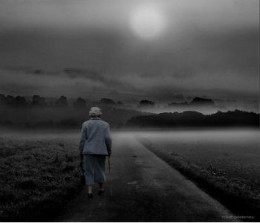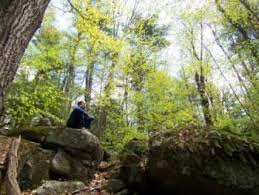 Have you noticed how quickly 2015 seems to be flying away from us? Someone mentioned it is just 19 Fridays until Christmas – which sounds terrifying, bearing in mind we hardly seem to have taken the lights down from the last one. There is an interesting article doing the rounds online called ‘How did it get so late so soon?‘, which examines the 21st century perception of time, and why it seems to pass more quickly now than even a couple of decades ago. It seems to be something to do with our need to multi-task simply to stay on top of all the demands made on us in the 21st century. It also offers a reason for the seeming increase in the speed of time passing as we grow older:
Have you noticed how quickly 2015 seems to be flying away from us? Someone mentioned it is just 19 Fridays until Christmas – which sounds terrifying, bearing in mind we hardly seem to have taken the lights down from the last one. There is an interesting article doing the rounds online called ‘How did it get so late so soon?‘, which examines the 21st century perception of time, and why it seems to pass more quickly now than even a couple of decades ago. It seems to be something to do with our need to multi-task simply to stay on top of all the demands made on us in the 21st century. It also offers a reason for the seeming increase in the speed of time passing as we grow older:
“There’s a suggestion that our perception of time may be in proportion to the length of our lifespan. Known as the “proportional theory”, this idea posits that as we age, our sense of “present” time begins to feel relatively short in comparison to our entire lifespan.”
So we were interested to read this poem, written by someone reaching the end of their life, and looking back over what they might change if they had the chance to do it all again. It seems to be an appreciation of making the most of every second, rather than letting chances slip by, lost into time we never get back.
If I Had My Life to Live Over
By Nadine Stair (age 85)
from Condensed Chicken Soup for the Soul
Copyright 1996 by Jack Canfield, Mark Victor Hansen & Patty Hansen
I’d dare to make more mistakes next time.
I’d relax. I would limber up.
I would be sillier than I have been this trip.
I would take fewer things seriously.
I would take more chances.
I would take more trips.
I would climb more mountains and swim more rivers.
I would eat more ice cream and less beans.
I would perhaps have more actual troubles but I’d
have fewer imaginary ones.
You see, I’m one of those people who live sensibly
and sanely hour after hour, day after day.
Oh, I’ve had my moments and if I had it to do over
again, I’d have more of them. In fact,
I’d try to have nothing else. Just moments.
One after another, instead of living so many
years ahead of each day.
I’ve been one of those people who never go anywhere
without a thermometer, a hot water bottle, a raincoat
and a parachute.
If I had my life to live over, I would start barefoot
earlier in the spring and stay that way later in the fall.
If I had it to do again, I would travel lighter next time.
I would go to more dances.
I would ride more merry-go-rounds.
I would pick more daisies.
As we wind down for the summer, taking time to recharge, perhaps we should reflect on this poem, and make the most of every minute. They pass so quickly….
 As regular readers of this blog might remember, we at The Terrace have always supported the campaign against the practice of Female Genial Mutilation (FGM). Figures recently released suggest the number of girls coming forward for support has increased significantly, but the procedure, also called ‘cutting’ or female circumcision, continues. It has been illegal in Britain for many years, but girls and young women are still abused in this way, often take abroad to have their external genitals partially or wholly removed. This results in painful sex and exceptionally difficult, and dangerous, labour and childbirth.
As regular readers of this blog might remember, we at The Terrace have always supported the campaign against the practice of Female Genial Mutilation (FGM). Figures recently released suggest the number of girls coming forward for support has increased significantly, but the procedure, also called ‘cutting’ or female circumcision, continues. It has been illegal in Britain for many years, but girls and young women are still abused in this way, often take abroad to have their external genitals partially or wholly removed. This results in painful sex and exceptionally difficult, and dangerous, labour and childbirth.
